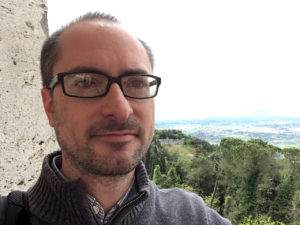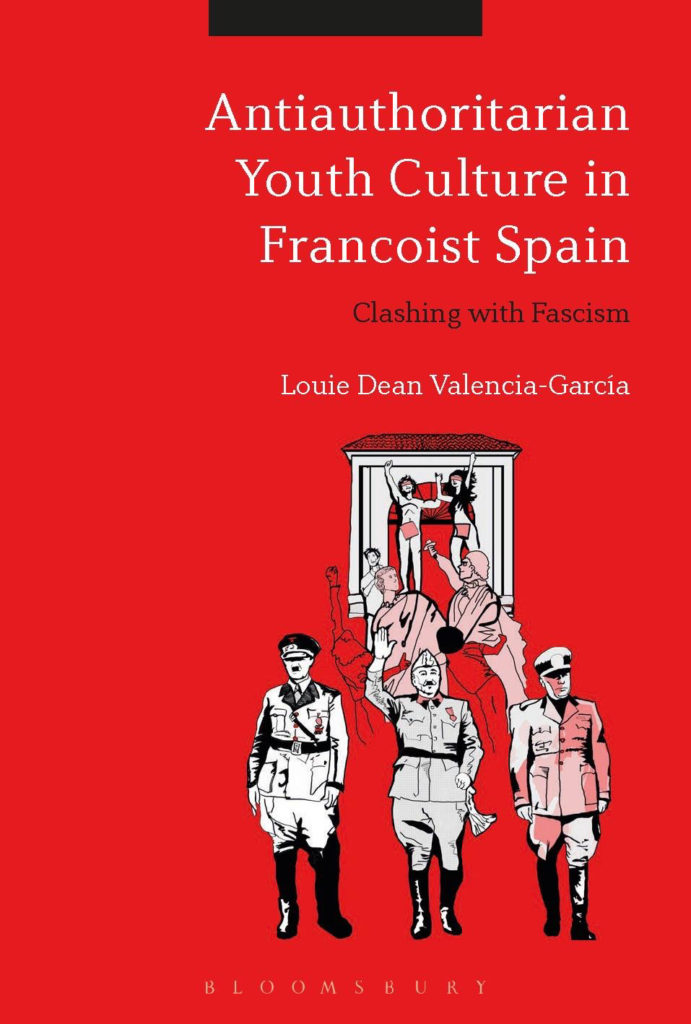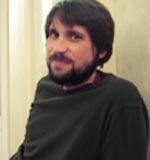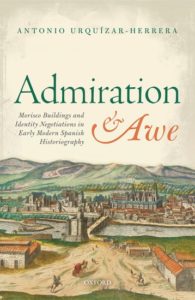From Resettlement to Revolution: The Comuneros of Peru
Thursday, March 26, 3:20-4:40 TIL-246 Livingston Campus (Rutgers University)
In the sixteenth century, indigenous Andeans in the Viceroyalty of Peru were forcibly removed from their villages by Spanish colonizers and resettled in planned, self-governing towns. Rather than conforming to Spanish cultural and political norms, indigenous Andeans adopted and gradually refashioned the religious practices dedicated to Christian saints and the civil institutions imposed on them, in the process producing a new kind of civil society that merged their traditional understanding of collective life (the ayllu) with the Spanish notion of the común to demand participatory democracy. This hybrid concept of self-rule spurred the indigenous rebellions that erupted across the Andes against Spanish rulers and native hereditary nobility. Re-examining the era of the Great Rebellion through the letters and documents of the Andean people themselves, while eschewing a focus on well-known leaders such as Tupac Amaru, this presentation examines the community-based democracy that played a central role in the Age of Atlantic Revolutions and continues to galvanize indigenous movements in Bolivia today.
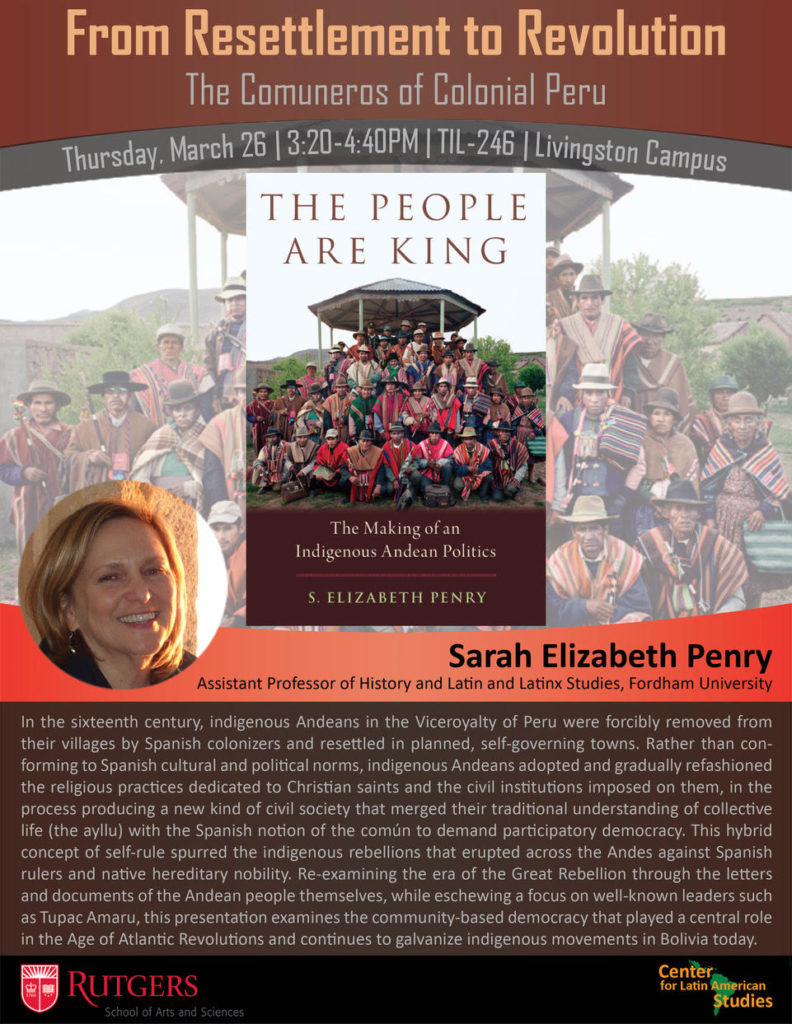
Sarah Elizabeth Penry, Assistant Professor of History and Latin American and Latinx Studies, Fordham University

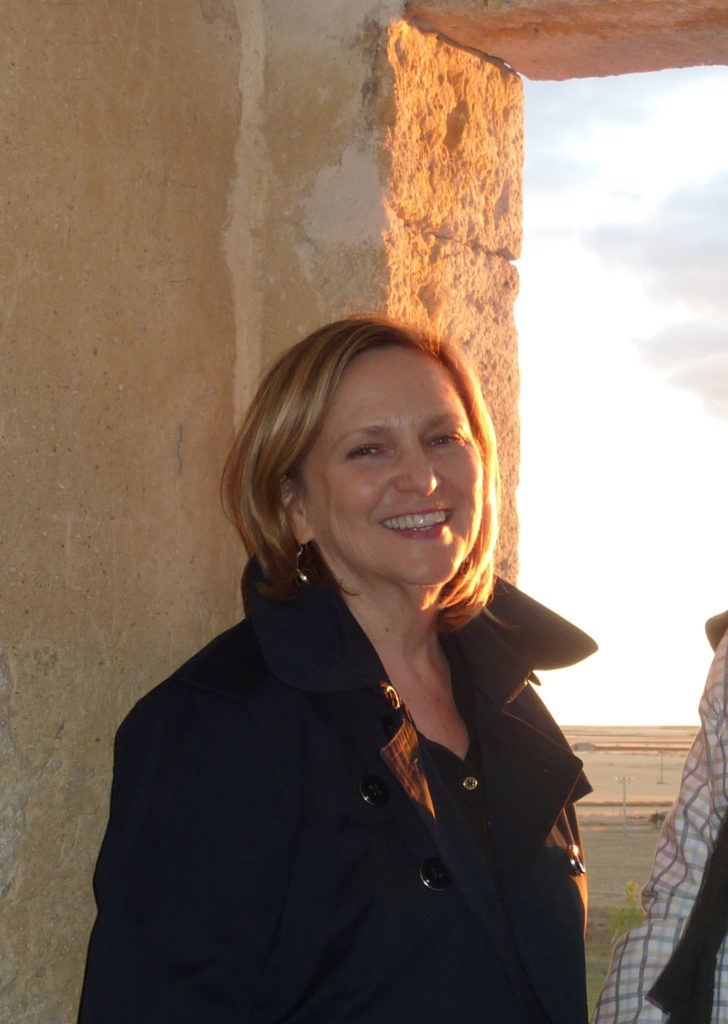
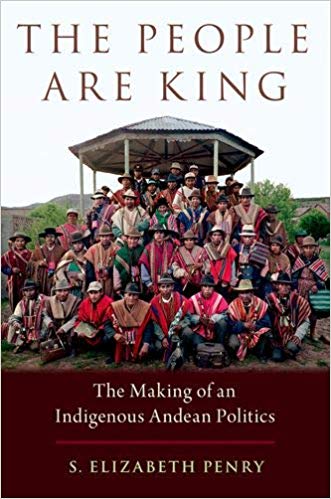

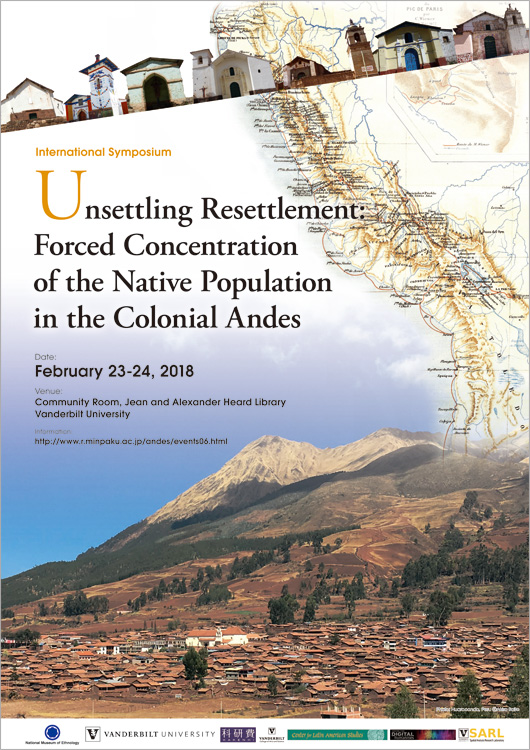 In February, Dr. Elizabeth Penry, Associate Chair for Undergraduate Studies in the History Department, participated in an international symposium, titled “Unsettling Resettlement: Forced Concentration of the Native Population in the Colonial Andes.” This international symposium co-sponsored by the Japanese National Ethnology Museum, Osaka and Vanderbilt University brought together a dozen scholars, including archeologists, anthropologists, and historians from Japan, Peru, Bolivia, Argentina and the US to meet at Vanderbilt University for three days. The multi-disciplinary project is re-examining and digitally mapping the sixteenth century resettlement by Spaniards of upwards of 1,500,000 indigenous Andeans.
In February, Dr. Elizabeth Penry, Associate Chair for Undergraduate Studies in the History Department, participated in an international symposium, titled “Unsettling Resettlement: Forced Concentration of the Native Population in the Colonial Andes.” This international symposium co-sponsored by the Japanese National Ethnology Museum, Osaka and Vanderbilt University brought together a dozen scholars, including archeologists, anthropologists, and historians from Japan, Peru, Bolivia, Argentina and the US to meet at Vanderbilt University for three days. The multi-disciplinary project is re-examining and digitally mapping the sixteenth century resettlement by Spaniards of upwards of 1,500,000 indigenous Andeans. 
